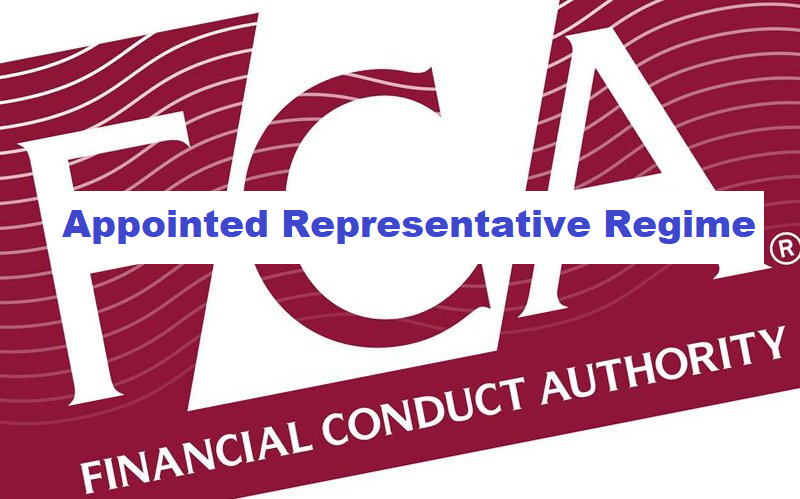FCA MARKET WATCH: ISSUE 68
An Update from the FCA’s latest Newsletter
Market conduct and transaction reporting issues
The Financial Conduct Authority (FCA) has shared it’s concerns about gaps in users surveillance of web-based platform activity. The FCA has previously published findings from their suspicious transaction reporting (STR) and suspicious transaction and order reporting (STOR) as well as supervisory visits. They found that surveillance appeared to be less developed for some asset classes, making it possible that firms were not identifying instances of potential market abuse.
Monitoring gaps in fixed income and rates markets
The FCA has identified that there is a growing use of periodic, continuous, and dark liquidity, via web-based user interface (UI) portals, matching sessions and ‘pop-ups’. For some Rates and Fixed Income products, these platforms now supplement traditional services in a hybrid broking model, working alongside central limit order book (CLOB) style platforms, within an Organised Trading Facility (OTF) or Multilateral Trading Facility (MTF).
Many electronic execution platforms (whether part of the systems of a regulated market, MTF, OTF or Systematic Internaliser) require formal connection and interface with a user’s trading systems. This means that order and trade messages are systematically recorded. However, some platforms’ connectivity is made via web-based UIs where direct connection to users’ trading systems is not required and users, to our knowledge, have been unable to establish one.
Trade details for trades executed on web-based platforms are generally recorded in users’ trade booking systems. However, users do not always systematically record the related order messages that precede execution, and those orders which do not result in a trade (including cancellations and amendments). Capturing and monitoring orders, as well as trades, is necessary to effectively and consistently identify potential market abuse.
Market abuse surveillance
Article 16(2) of UK MAR requires persons professionally arranging or executing transactions to establish and maintain effective arrangements, systems, and procedures for detecting and reporting potential market abuse.
The FCA is concerned that users of web-based platforms may not be able to monitor all their orders to detect potential market abuse. Orders are a critical component in effective monitoring for some types of actual or attempted market manipulation, e.g., layering and spoofing as well as cross venue and product manipulation where users have a unique line of sight of their own trader activity. If firms do not capture all unexecuted orders, they may fail to identify this activity.
Data challenges
Most users of web-based platforms note initial challenges in getting useable data in a format suitable for surveillance. The FCA have seen a small number of users employing tactical solutions, but this remains a significant gap in many users’ market abuse surveillance.
Compliance awareness
The FCA have found that Compliance / Surveillance teams have varying levels of knowledge about their firm’s use of web-based platforms and associated surveillance gaps. Some have taken steps to understand the quantity of activity happening on those platforms and have ensured both order and trade data is captured for surveillance purposes. However, some Compliance / Surveillance teams are unaware of the platforms used by their front office staff or lack knowledge of the quantity of business undertaken on them, along with the associated market abuse risks.
Market abuse risk assessments
Many firms undertake market abuse risk assessments to assure themselves that they have appropriately assessed and managed all market abuse risks facing the business. The FCA have observed some firms which appear to have undertaken an extensive and detailed risk assessment. However, these assessments often do not include business entered on web-based platforms, particularly orders which are deleted or otherwise do not result in a trade. Where Compliance / Surveillance is unaware of the different platforms used, or how much of their firm’s business is placed on such platforms, the FCA question whether the firm has properly assessed the market abuse risks facing its business, and subsequently whether it has appropriate surveillance in place.
Record keeping
Where users are not capturing all trade and order data, it is likely these firms will not be meeting Article 25(1) of UK MiFIR order handling and record keeping requirements. These require investment firms to keep data relating to all orders and transactions for 5 years. As well as limiting a firm’s ability to monitor its own activity, failing to capture and record this data may also affect the FCA’s ability to monitor the market. Firms that are unable to provide accurate records of when an order was placed on a platform, may be unable to respond satisfactorily to our regulatory enquiries.
Onboarding governance
The FCA have seen firms using web-based trading platforms before completing formal new business procedures. They have also seen instances where there is a lack of specific governance for onboarding these platforms.
The FCA found firms with formal procedures and good governance for onboarding new platforms are better able to ensure they capture and monitor all relevant trade and order data. Those that make the ability to retrieve this data a prerequisite to onboarding platforms reduced the risk that they will fail to meet regulatory obligations. This was not the case with all firms.
When onboarding new platforms, firms should consider how they will meet their market abuse surveillance and record keeping obligations. Failure to do so may leave the firm in breach of its regulatory obligations under UK MAR.
Next steps for firms and operators of web-based platforms
Firms should consider the FCA’s comments on the Market Watch and take steps to ensure that they are monitoring all orders and transactions to detect and report potential market abuse. The FCA continue to visit firms and venues to assess their STOR arrangements, systems and procedures, and work to ensure firms and venues consistently meet their regulatory obligations.
For more information on market watch 68 please see : https://www.fca.org.uk/publications/newsletters/market-watch-68

